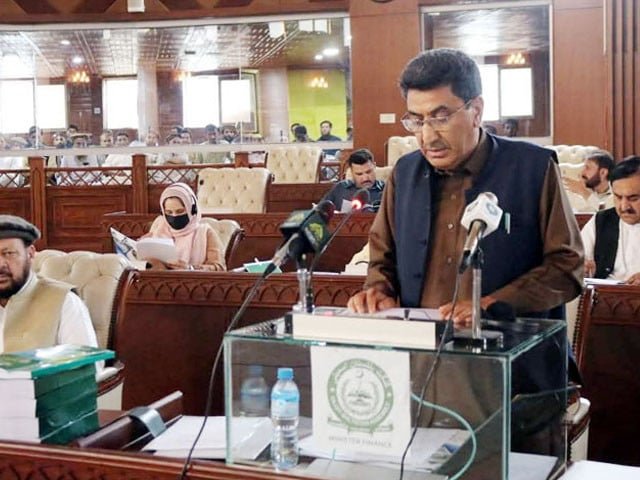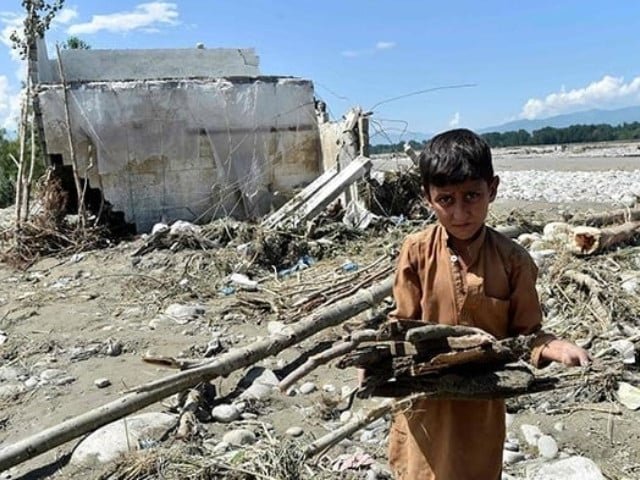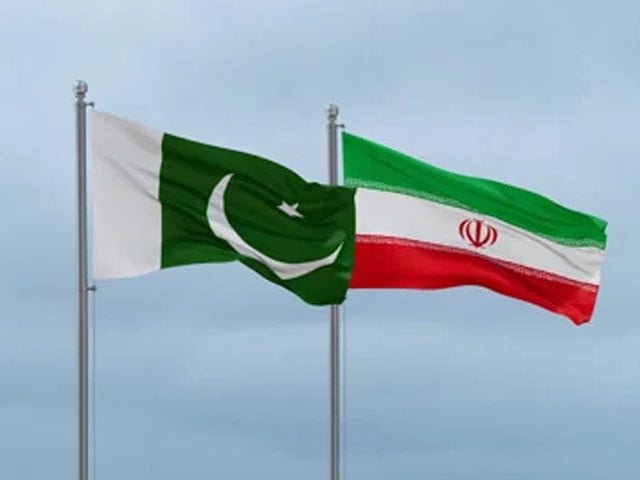Understanding Gilgit-Baltistan’s 2025-26 Provincial Budget: Key Highlights
The Gilgit-Baltistan government recently unveiled its budget for the fiscal year 2025-26, totaling an impressive Rs148.63 billion. However, the budget does carry a deficit of Rs6 billion, which understandably raises eyebrows. During a lively assembly session on Monday, Finance Minister Engineer Muhammad Ismail presented the details, reflecting a strategic approach to spending and development.
One of the standout features is the proposed 10% salary increase for government employees. This move is particularly significant in light of the rising living costs, showing that the government is aware of the economic pressures facing its workers. But while this increase may bring some relief, it’s crucial to note the budget allocates Rs8.82 billion for non-development expenses. This highlights a focus on maintaining current operations, though many are wondering how this will balance against investment in new projects.
When it comes to development, there’s also a substantial amount earmarked. The budget sets aside Rs3.7 billion for various development projects; additionally, Rs1.1 billion is allocated to federal Public Sector Development Programme (PSDP) projects. Notably, Rs400 million of this is dedicated to the Prime Minister’s specific initiatives under the PSDP, indicating a partnership with the federal government to boost local growth.
In terms of revenue, the Gilgit-Baltistan government aims for a non-tax revenue target of Rs789.2 million in the upcoming fiscal year. This goal is ambitious; successful implementation will depend significantly on local economic activities and effective governance.
One of the pressing social issues addressed in the budget is the wheat subsidy, with Rs2 billion set aside for this purpose. Wheat is a staple for many families, and supporting its price is crucial for food security in the region.
The Finance Minister also shared allocations for vital sectors, emphasizing education and health. The budget dedicates Rs147 million to education, which includes initiatives aimed at improving infrastructure and teacher training. Furthermore, Rs125 million for health — of which Rs62 million goes to the Health Endowment Fund — showcases a commitment to improving healthcare services, a critical area that affects daily lives.
Other notable allocations include Rs35 million for agriculture, livestock, and fisheries, Rs9 million for tourism, and Rs10 million for the information technology sector. These figures reflect an understanding of the diverse needs of the region, from enhancing natural resources and welfare initiatives to promoting tourism and tech growth.
In summary, while the budget announcement comes with a deficit, the proposed allocations show a clear intention to invest in the future of Gilgit-Baltistan. The focus on salary increases and funding for education and health indicates that the government is trying to balance immediate needs with longer-term goals. How effectively these plans will be executed remains a key point of discussion as the region looks ahead to new challenges and opportunities.





